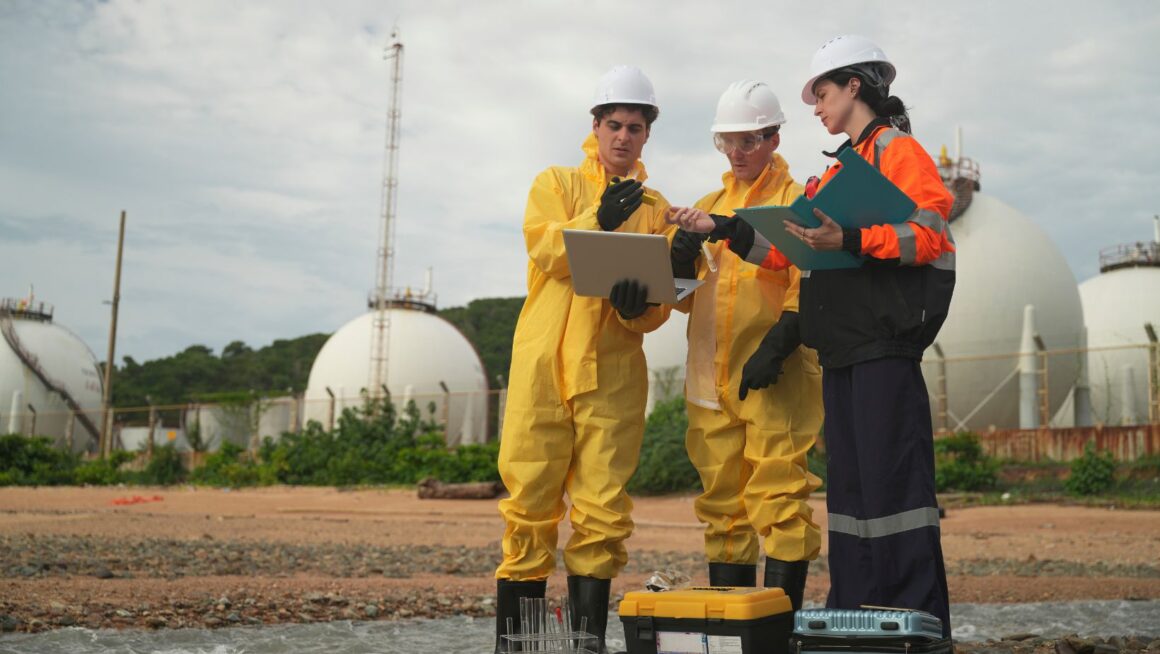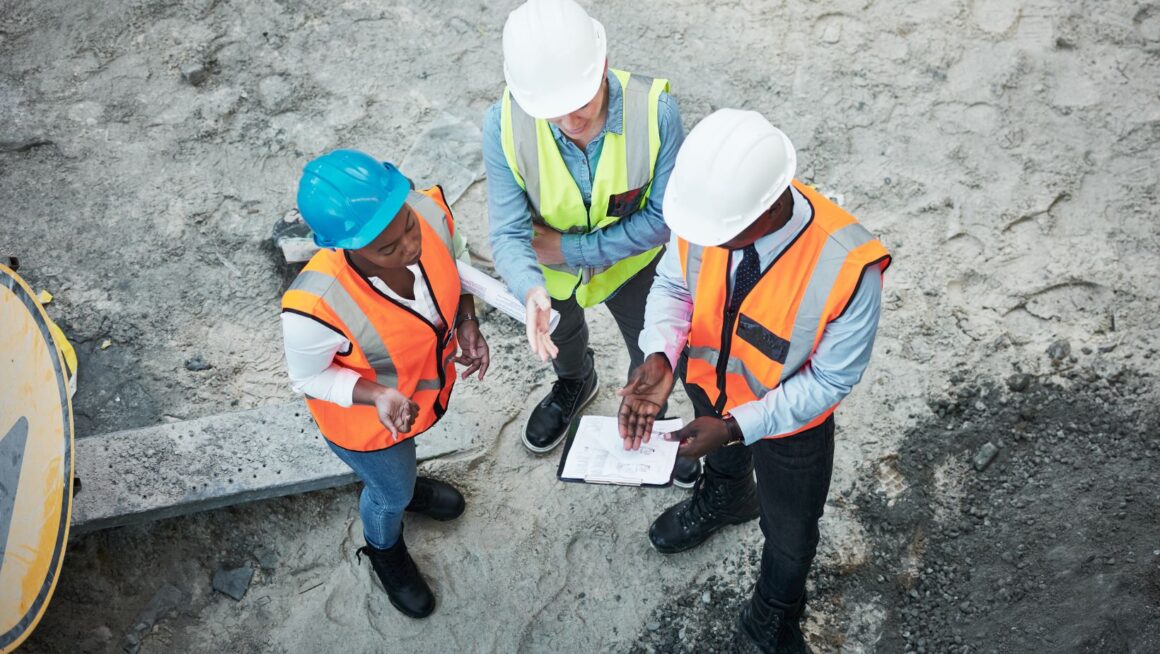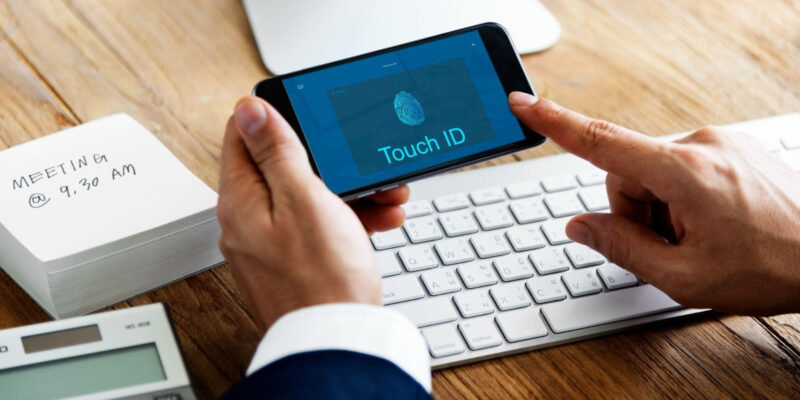
For field engineers, it is important that you are aware of practical strategies to securely access and manage customer data while working in outdoor environments. It is vital that you comply with US data protection regulations and maintain customer trust, so this post will explain how you can safely access and protect customer data while working outdoors. Keep reading to find out more.
Equip Devices with Robust Security Measures
First, you should always use company-approved mobile devices that have been equipped with encryption, secure authentication methods, and remote wipe capabilities. This will ensure that any data accessed or transmitted while working in the field remains protected against unauthorized access. This is important during a time when cybercrime is on the rise, with hackers using advanced tactics to steal sensitive data.

Utilize Virtual Private Networks (VPNs) for Secure Connections
VPNs are one of the best ways to protect customer data while working outdoors. These are tools that create a secure connection between field engineers’ devices and company networks, ensuring that data is encrypted and shielded from hackers while using unsecured networks. VPNs encrypt traffic and safeguard data from potential threats when accessing customer information remotely. A business cloud can be a secure platform that integrates VPNs to provide seamless and protected access across company resources.
Adhere to Data Protection Regulations & Best Practices
Ensure that all data handling practices comply with US data protection laws, such as the California Consumer Privacy Act (CCPA). This includes obtaining necessary consents, securely storing data, and implementing measures to prevent data breaches. You do not want to find yourself non-compliant with data protection laws, so you need to familiarize yourself with these and pay attention to any updates to laws.
Provide Regular Cybersecurity Training for Field Engineers
Cyber attacks often succeed due to human error, which is why regular cybersecurity training for field engineers is key. Conduct ongoing training sessions to educate field engineers about the latest cybersecurity threats and best practices. This empowers them to recognize potential risks and respond appropriately to safeguard customer data.
Monitor & Audit Access to Customer Data
Finally, you need to see this as an ongoing process and monitor and audit access to customer data. Implement monitoring and auditing systems to track access to customer data by field engineers. Regular audits help identify any unauthorized access or anomalies, allowing for timely intervention and mitigation of potential security breaches.

It is vital that field engineers are able to perform their work in the field without compromising customer privacy. Cybercrime is a large and growing threat, so field engineers must make sure that there are systems in place and best practices that will ensure protection and compliance. By securing devices, encrypting connections, adhering to regulations, training staff, and monitoring access, field singers can protect customer data and work with confidence.






